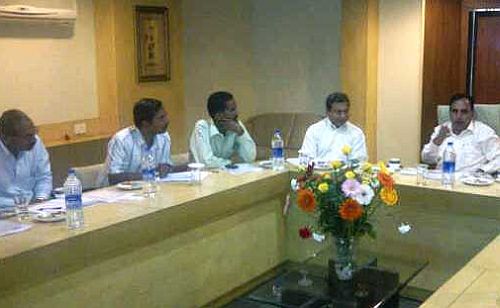Dilapidated Facilities and Dust Plague Community Hub, Residents Demand Immediate Action
Rani Park in Panthaghati, Shimla, has turned into a glaring example of civic neglect, leaving locals frustrated and disheartened. Once a vibrant hub for walkers, children, and families, the park is now marked by broken amenities, heaps of garbage, and a severe lack of maintenance. Residents from nearby areas, including Kasumpti, Mehali, and Panthaghati, are raising their voices for urgent intervention to restore this crucial recreational space.
Once a popular destination for morning and evening walkers, Rani Park now struggles to meet even the most basic standards of upkeep. Broken benches, non-functional lights, and shattered dustbins are just the tip of the iceberg. Dust and garbage litter the ground, further discouraging its use. The water dispenser, meant to serve as a vital facility, remains non-functional and leaks continuously, adding to the mess.
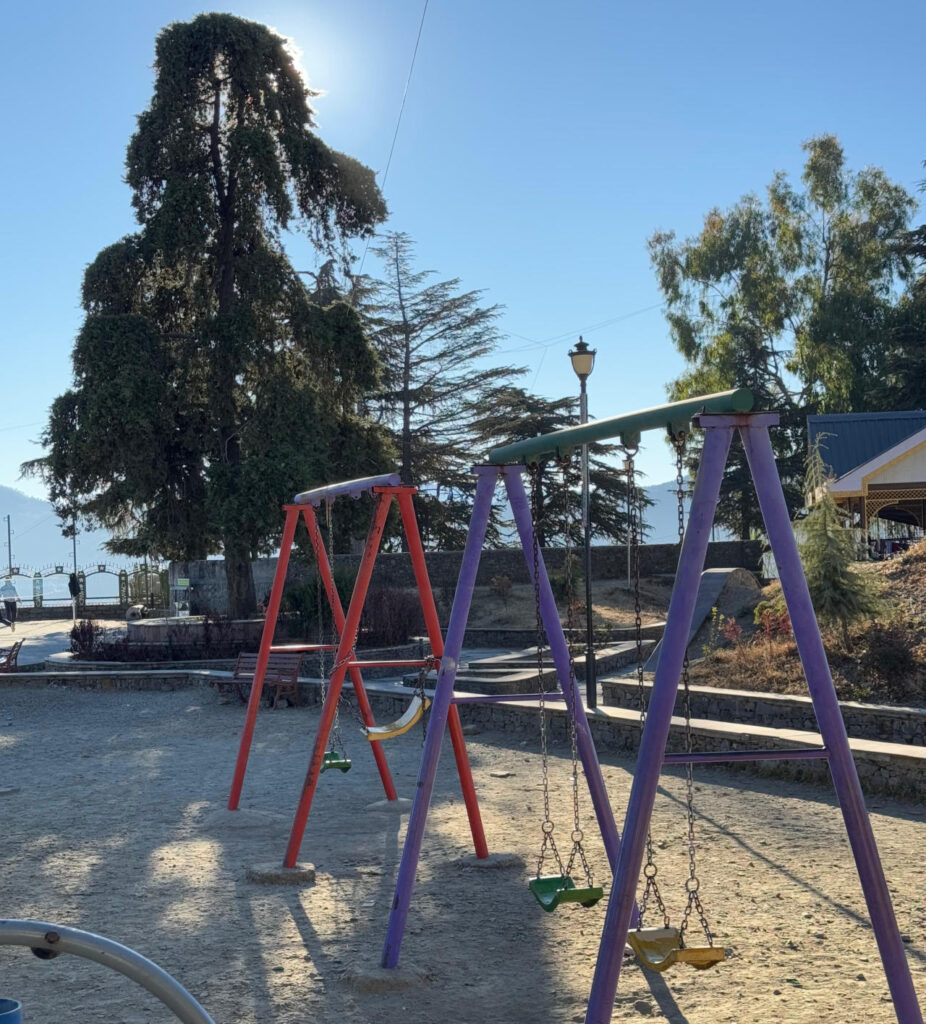
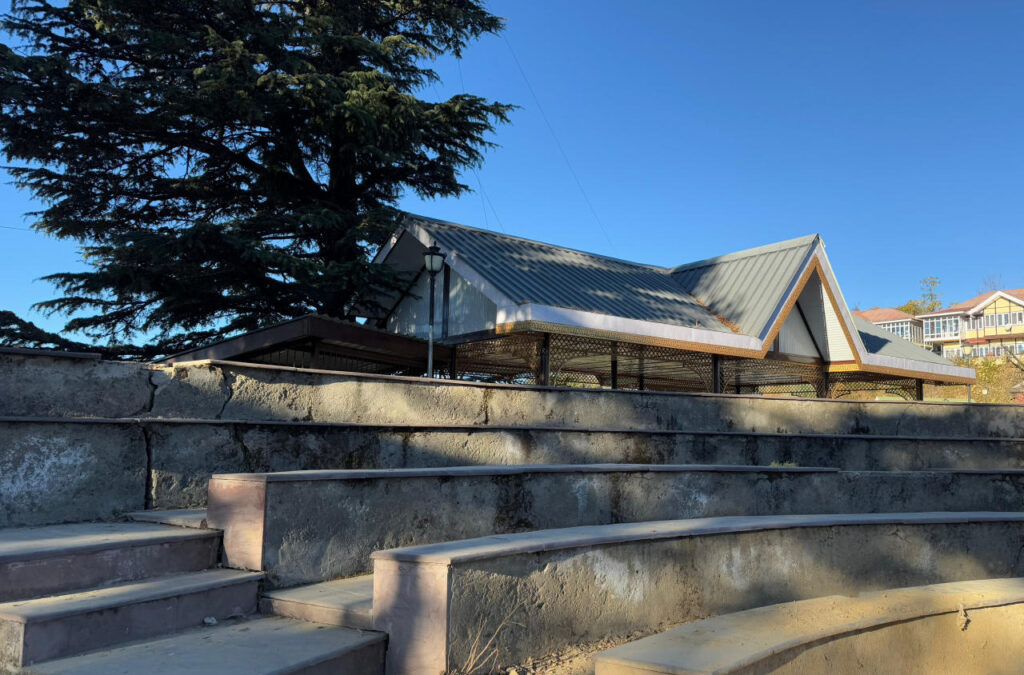
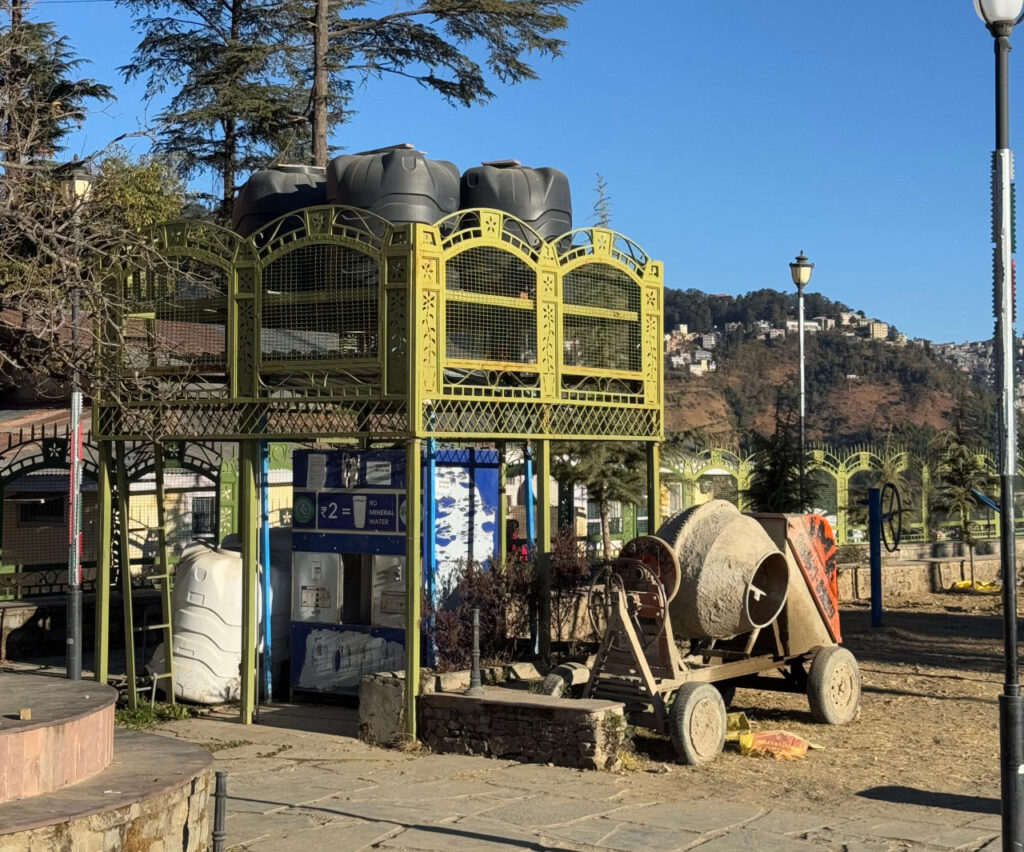
Adding to the woes, the public washrooms that used to be available inside the park have been converted into rooms, leaving visitors with no sanitation facilities. This transformation has sparked outrage among locals, who question the priorities of the municipal authorities.
Playground or Danger Zone?
The park, which once echoed with the laughter of children, has become a dangerous place for them. Exercise equipment and swings, meant for physical activity and recreation, lie broken and unused. The ground is riddled with small pebbles and uneven surfaces, leading to frequent injuries among children.
“I fear letting my kids play here because the ground is unsafe. My son hurt his foot on a sharp pebble just last week,” said a worried parent from Mehali. The absence of a safe and clean environment for children has left many parents with no choice but to restrict their kids from using the park altogether.
Health Hazards for Nearby Residents
The park’s deteriorating condition doesn’t just affect its users; it has also become a source of distress for nearby residents. Dust from the ground, exacerbated by winds, regularly enters homes in the vicinity.
“When the wind picks up, we have no choice but to shut our windows to stop the dust. It’s ironic that in a city like Shimla, known for its clean air, we are facing such a problem,” said Lokesh, a resident living near the park.
The dust not only affects air quality but also poses health risks, particularly for children and the elderly. Several residents have reported respiratory issues caused by the polluted environment.
A Cry for Restoration
For many locals, Rani Park represents one of the few open spaces available in an increasingly crowded city. With Shimla’s rapid urbanization and limited recreational areas, the park holds immense significance for residents, particularly those who use it for morning walks and exercise.
“This is the only open space we have in this region. The authorities need to take immediate action to restore it. The current state is unacceptable,” said Rajneesh Rana, a daily visitor to the park.
Children from Kasumpti, Panthaghati, and Mehali heavily rely on the ground for sports and leisure, but the park’s poor condition has made it almost unusable. Injuries, health concerns, and a lack of basic facilities have turned a once-vibrant space into an area of neglect.
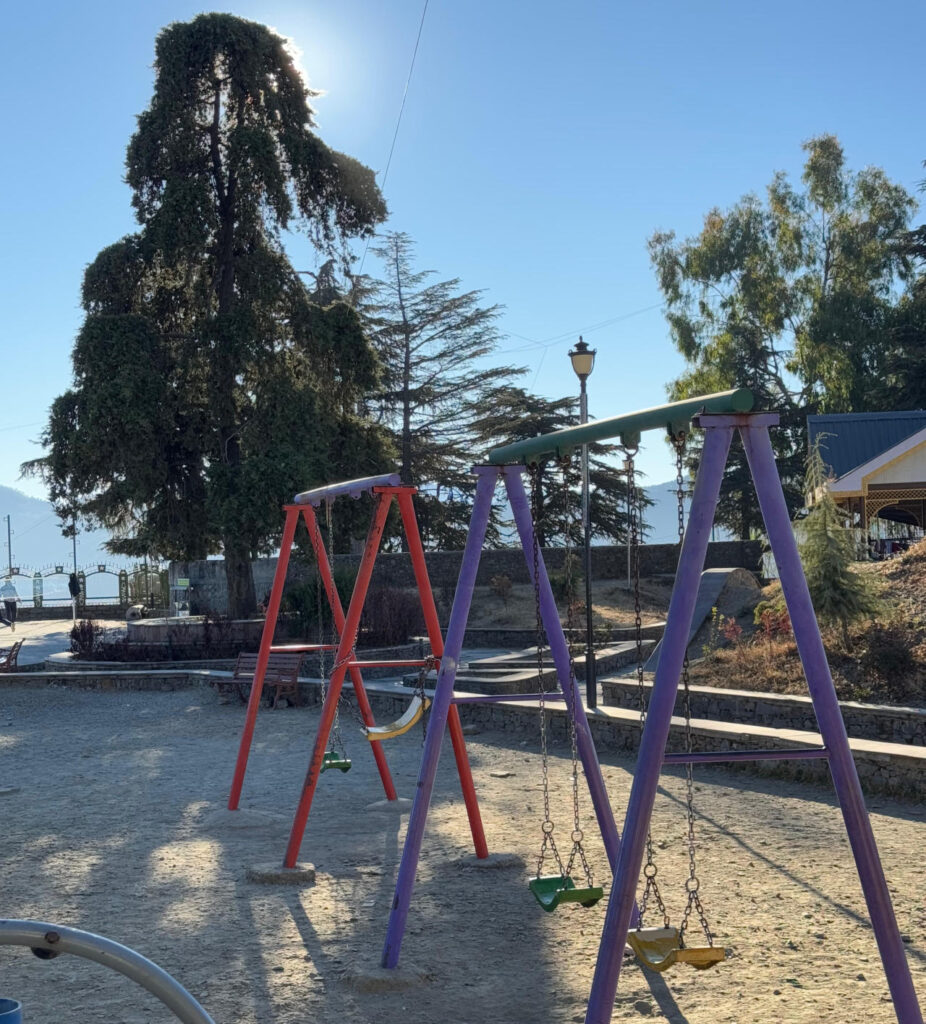
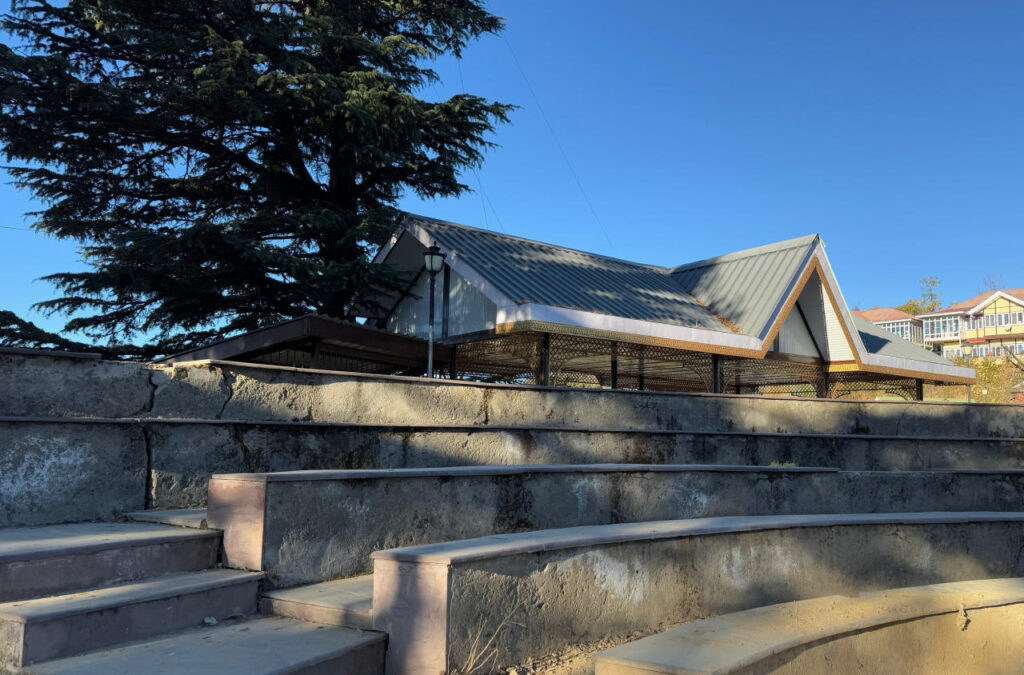
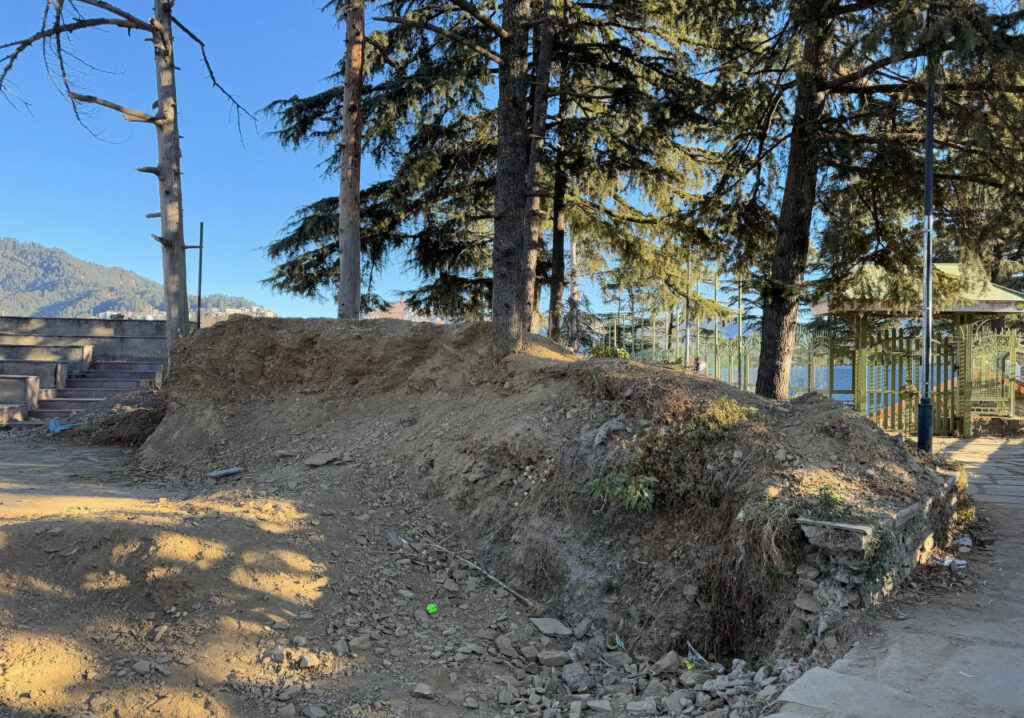
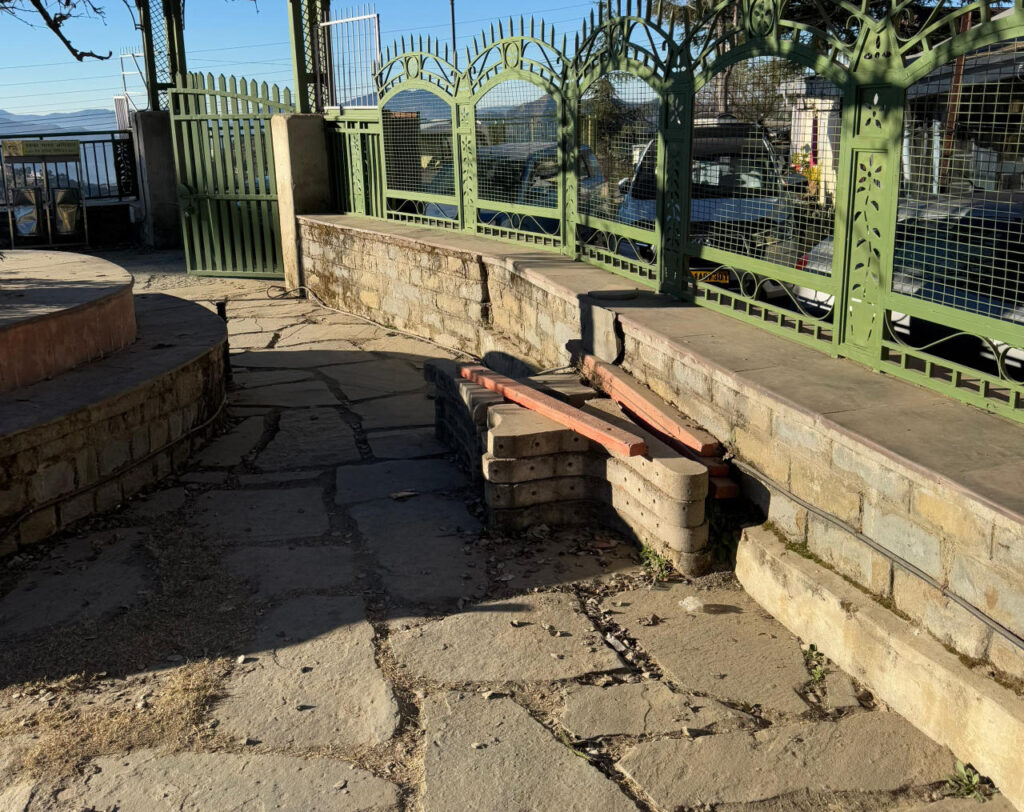
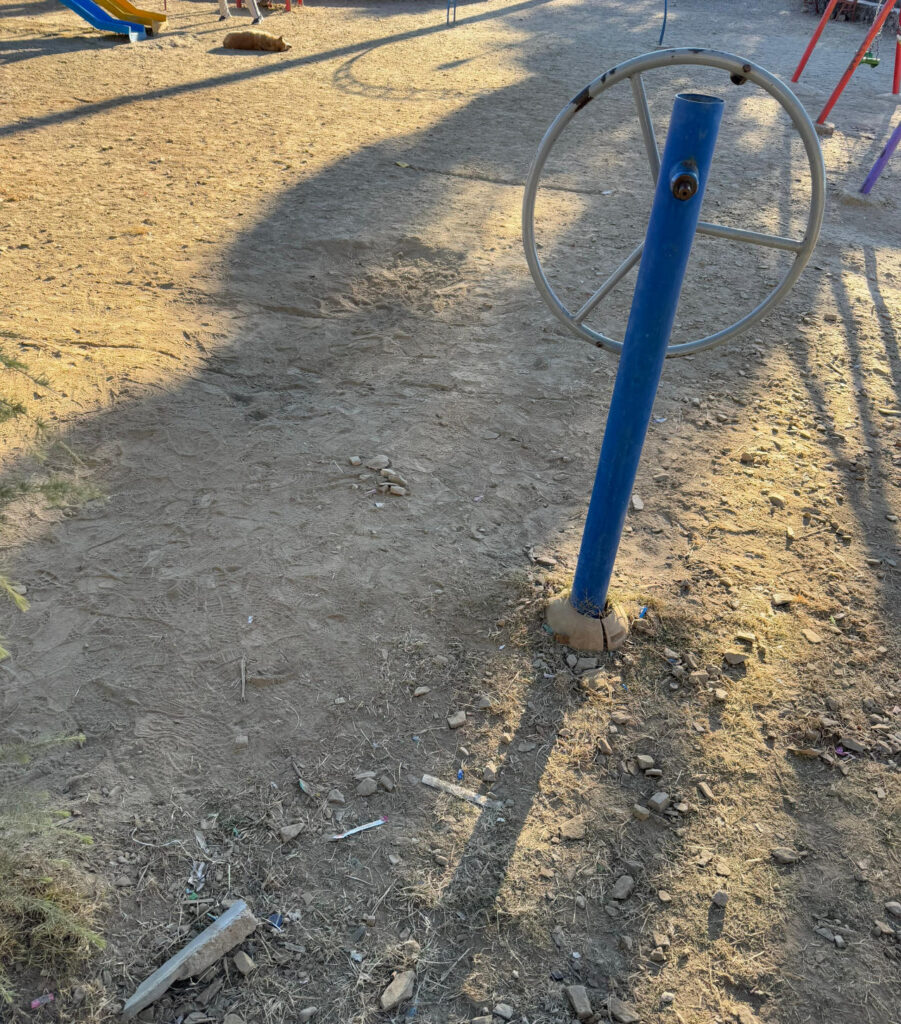
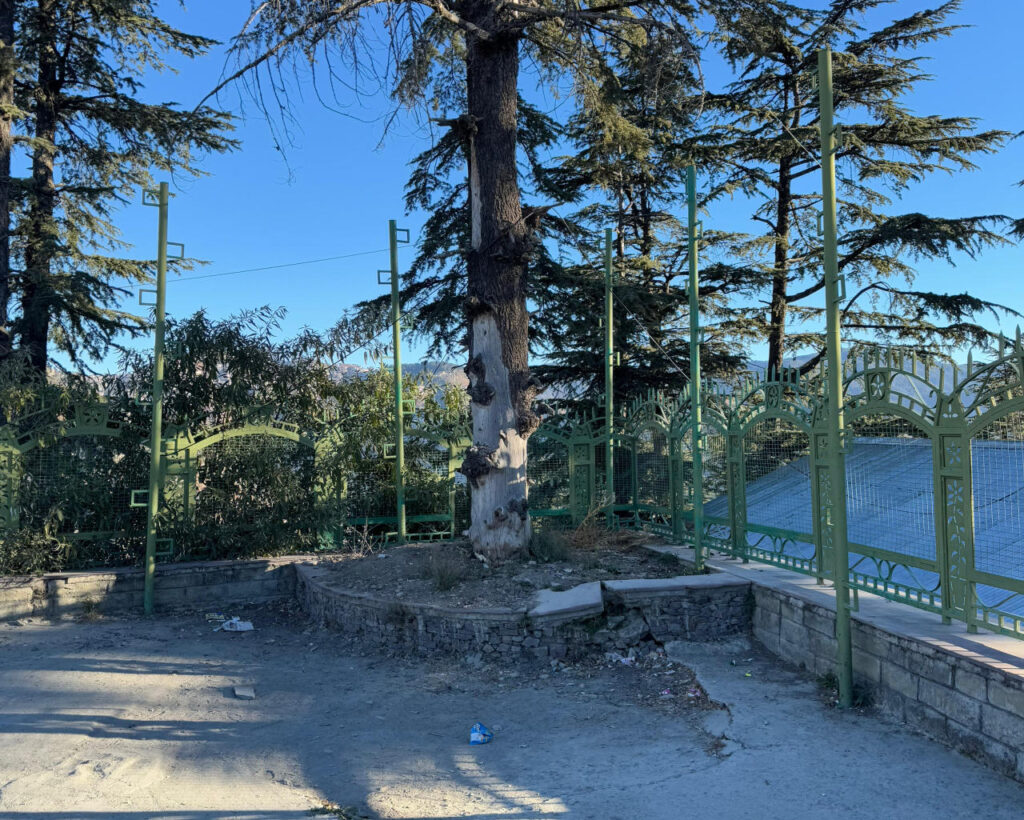
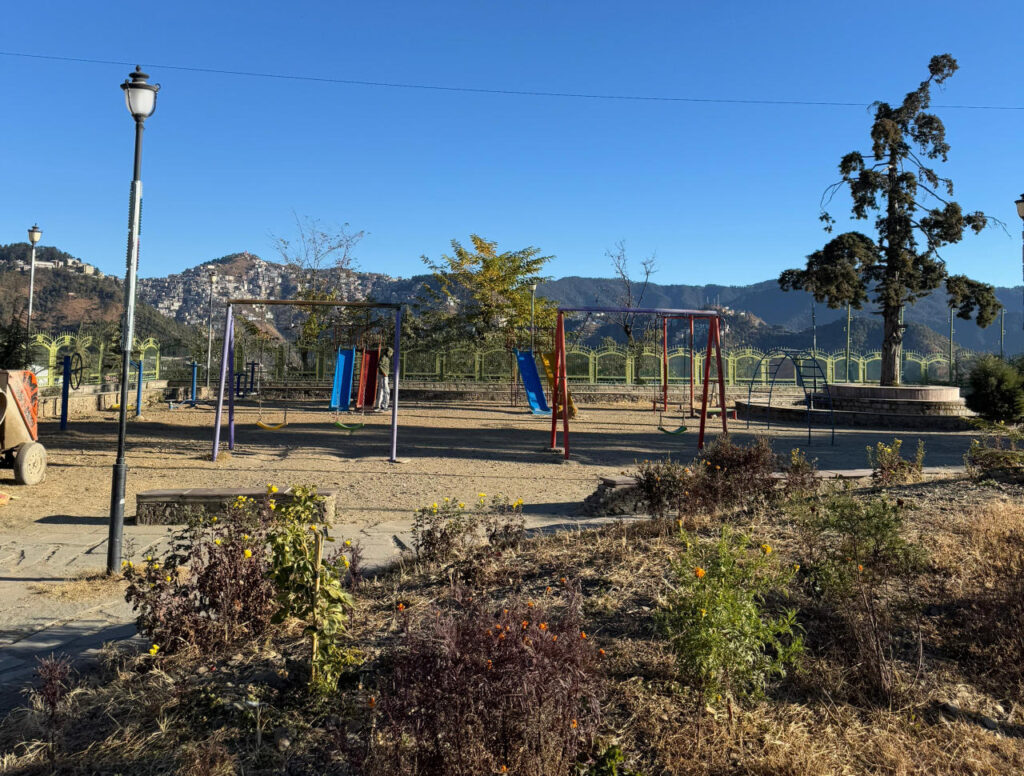
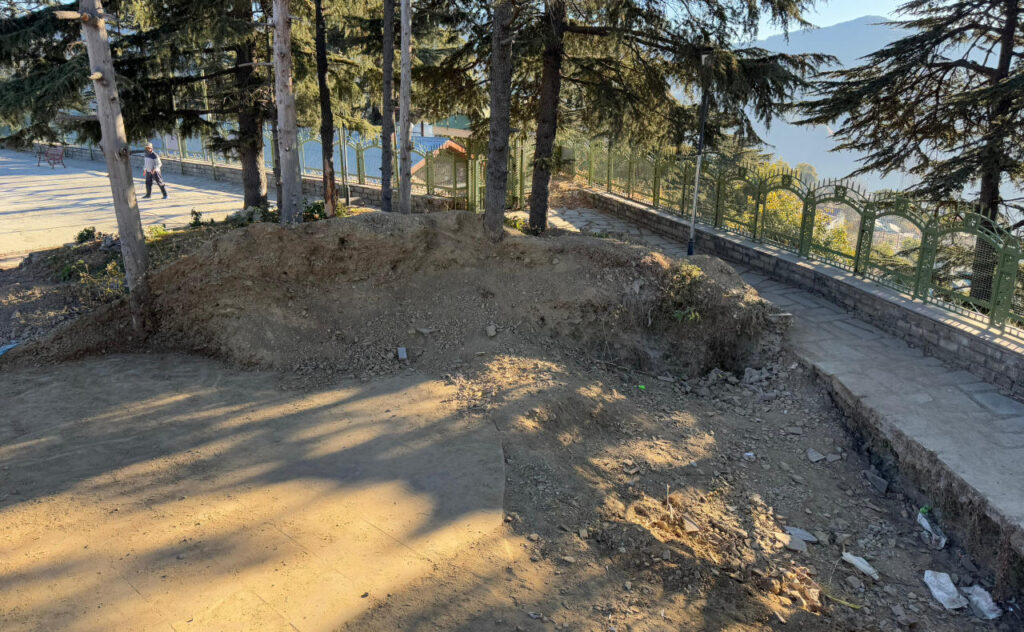
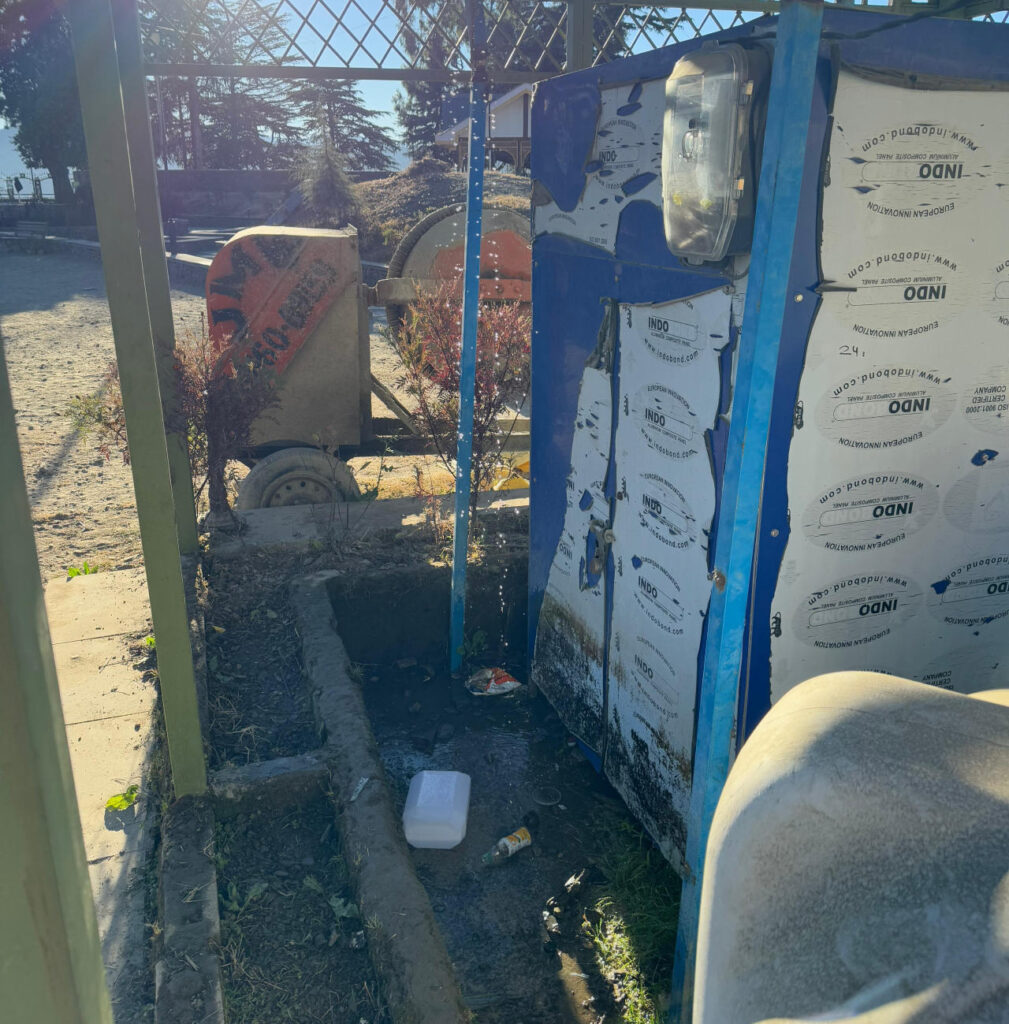
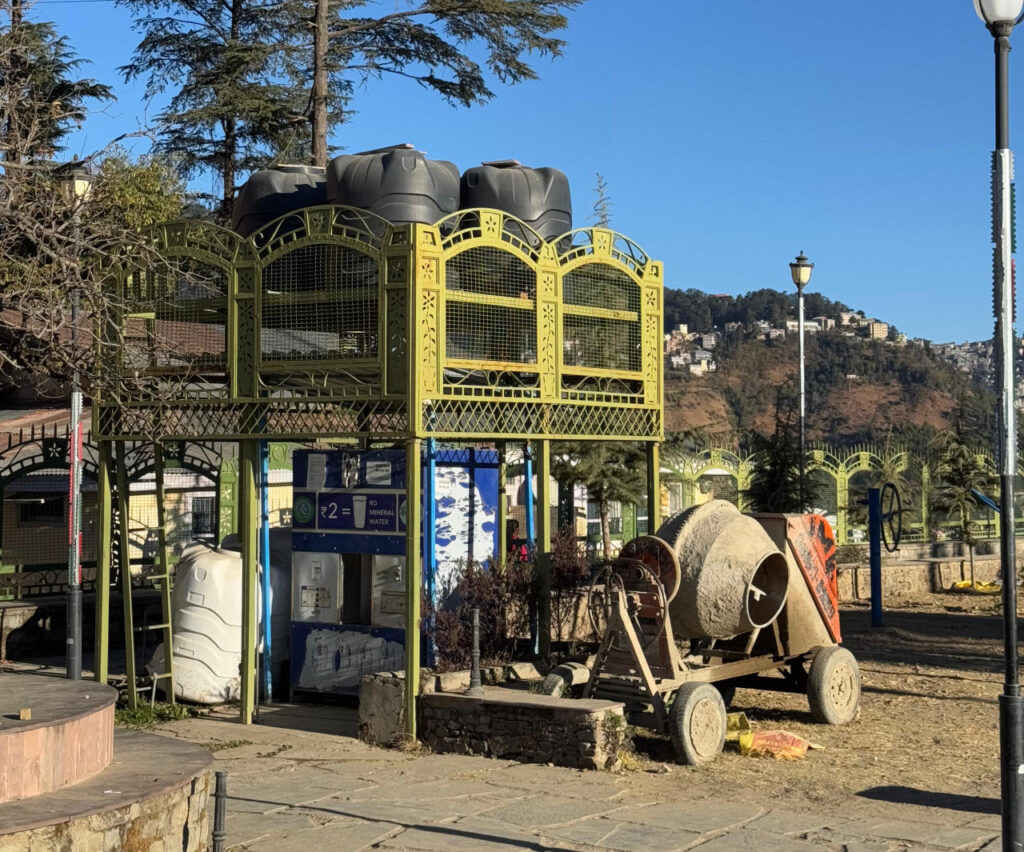
Civic Failure and Public Outrage
The dismal state of Rani Park points to a larger issue of civic neglect in Shimla. Despite collecting substantial taxes from residents, the Shimla Municipal Corporation has failed to maintain the city’s limited public spaces.
The park’s neglect raises questions about the administration’s priorities. In a city celebrated for its natural beauty and quality of life, the current condition of Rani Park highlights a stark contrast between the city’s image and reality.
Residents are demanding urgent measures to restore Rani Park to its former glory. They have stressed the need for repairing broken lights, benches, exercise equipment, and swings, along with cleaning the park to address the problem of scattered garbage. Reinstating public washroom facilities with a proper water supply and levelling the ground to eliminate the risks posed by pebbles and uneven surfaces have been highlighted as immediate requirements. Effective dust management systems must also be installed to ensure the safety and well-being of both park visitors and nearby residents. These measures are critical to transforming Rani Park into a space that is safe, clean, and welcoming.
The Bigger Picture
Shimla’s lack of well-maintained public spaces is not a new issue. As the city expands, open spaces are shrinking, leaving little room for recreation and leisure. Parks like Rani Park are crucial for community well-being, offering a space for exercise, social interaction, and children’s play.
The government and municipal authorities must recognize the importance of preserving such spaces and act swiftly to address the grievances of Panthaghati’s residents. Failure to do so will only add to the growing discontent among citizens, who are tired of paying taxes without receiving adequate services in return.
The restoration of Rani Park is not just about fixing broken facilities; it is about upholding the promise of a better quality of life in Shimla—a promise that currently feels broken.




